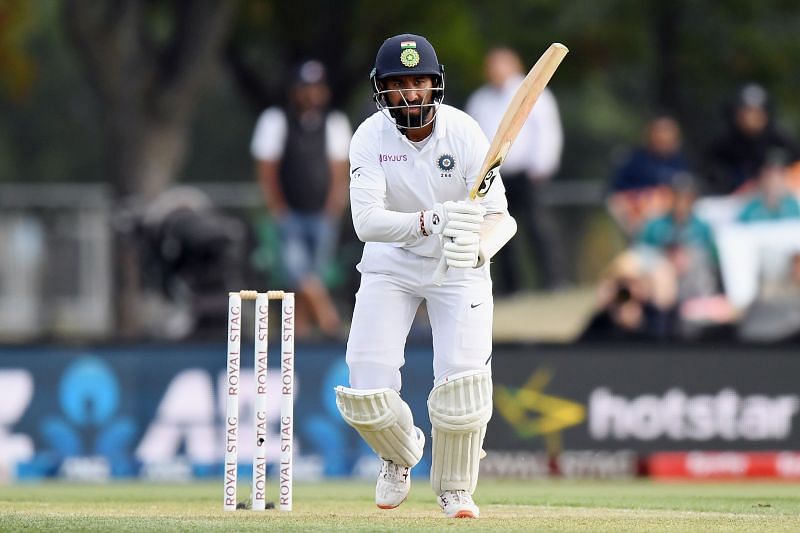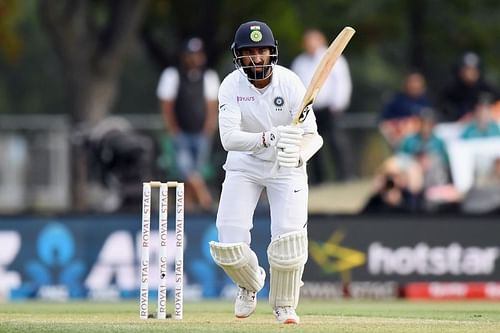
'Sledging doesn’t affect me; I try to be in the zone,' says Cheteshwar Pujara

For years now, sledging has been used in cricket to distract the opposition and thereby cause them to lose focus. While it does work against a few cricketers, there are also those who thrive on sledges. One such Indian batsman who does not get too distracted by the verbal intimidation is Cheteshwar Pujara.
The no. 3 batsman for India in Tests, Cheteshwar Pujara’s concentration level has always been rock solid. His temperament has led him to become one of the best red-ball players in the world, with 5840 runs at an average of 48 including 18 centuries and 25 half centuries.
In a recent conversation with Ten Sports, Cheteshwar Pujara attributed his focus as one of the key factors to his success in the format.
"You do face sledging a bit when you start the innings. Once you are set, they don't really try to bother you much and focus on getting you out. But when they fail to dismiss you and feel frustrated, they again start the verbal volleys. It is basically to disturb the batsman's concentration," the 32-year-old said.
"I don't usually talk back but then there have been occasions when you feel that you need to give it back. However, I try to remain focused and calm because I know what my job is. See, sledging is a ploy to break your concentration and I feel that if I try to give it back to them, I might step into their trap. So I try to be in the zone," he added.
Cheteshwar Pujara issued notice by NADA
Meanwhile, earlier this week, Cheteshwar Pujara found himself in trouble after being issued a notice by the National Anti-Doping Agency (NADA) for failing to disclose his whereabouts, but the BCCI said that a "password glitch" was the reason for delay.
Along with Pujara, Ravindra Jadeja, KL Rahul, Smriti Mandhana and Deepti Sharma were also issued the notice. As per rules, each player has to submit details of three months of his whereabouts. If he/she doesn’t do so, it amounts to an Anti-Doping Rule Violation, which could lead to a suspension of up to two years upon hearing.